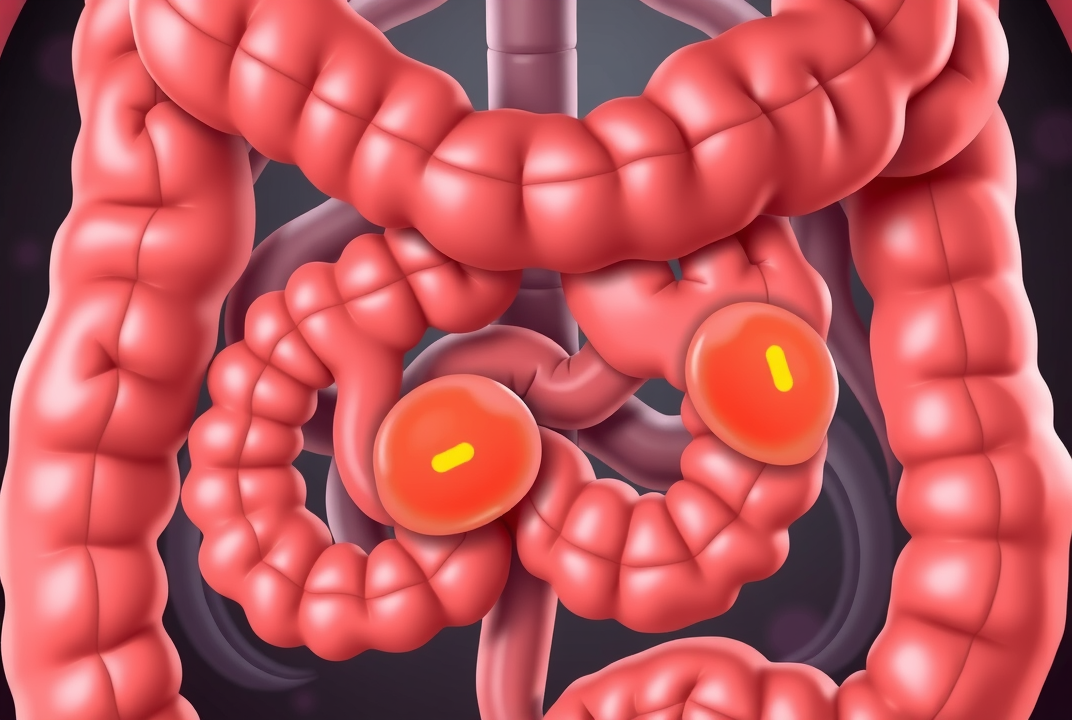Understanding Diverticulitis Flare-Ups: Symptoms and Causes

Introduction
Have you ever wondered why some people suddenly face intense abdominal pain attributed to a condition known as diverticulitis? With the prevalence of diverticulitis increasing, understanding its symptoms and causes becomes essential for those affected and their caregivers.
In this article, you'll learn about the symptoms associated with diverticulitis flare-ups, explore what triggers these episodes, and gain insights into preventive measures.
What is Diverticulitis?
Diverticulitis is a condition characterized by the inflammation or infection of small pouches, known as diverticula, that develop along the walls of the intestines. While many with diverticular disease remain symptom-free, a flare-up can lead to significant discomfort.
Common Symptoms of Diverticulitis Flare-Ups
Recognizing the symptoms of diverticulitis is the first step towards effective management. Here are some signs to watch for:
-
Abdominal Pain: Often severe and localized around the lower left side. This pain may persist or fluctuate.
-
Fever: A rise in body temperature, usually accompanying pain.
-
Nausea and Vomiting: These often occur alongside abdominal discomfort.
-
Changes in Bowel Habits: Experience of diarrhea or constipation as the condition progresses.
-
Bloating: A sensation of fullness or swelling in the abdomen.
-
Blood in Stool: Though less common, it's a serious symptom that requires immediate attention.
Causes of Diverticulitis Flare-Ups
Though the exact cause of diverticulitis flare-ups is not entirely understood, several factors have been identified:
-
Diet: A low-fiber diet contributes to constipation, increasing pressure on the intestinal walls, potentially leading to diverticula formation and subsequent inflammation.
-
Genetic Factors: Family history can play a role, as certain individuals are more predisposed to developing diverticular disease.
-
Lifestyle Factors: Sedentary behavior and obesity are associated with a higher risk of flare-ups. Regular physical activity may reduce this risk.
-
Aging: As people age, the likelihood of developing diverticulitis increases, typically affecting those over 40.
-
Medications: Use of drugs like steroids, opioids, and non-steroidal anti-inflammatories can exacerbate symptoms.
Preventing Diverticulitis Flare-Ups
While diverticulitis can be unpredictable, there are steps to mitigate flare-ups:
-
Increase Fiber Intake: Incorporate fruits, vegetables, and whole grains to improve bowel movement.
-
Hydration: Adequate fluid intake helps in digestion and alleviates constipation.
-
Regular Exercise: Keeps the digestive system active and maintains a healthy weight.
-
Routine Check-ups: Regular screenings can help in early detection and management.
Treatment Options for Flare-Ups
In case of a flare-up, certain treatments may be recommended by healthcare providers:
-
Antibiotics: Often the first line of treatment if an infection is present.
-
Pain Relief: Medications to alleviate discomfort during a flare-up.
-
Resting the Gut: Temporary liquid diet or bowel rest may be advised to allow healing.
-
Surgery: In severe cases, removing the affected portion of the intestine might be necessary.
Living with Diverticulitis
Managing life with diverticulitis involves more than just medical treatment. Awareness and lifestyle adjustments are key:
-
Understanding Your Body: Recognize early signs of a flare-up to seek timely medical help.
-
Customized Diet Plans: Work with a nutritionist to tailor a diet plan that suits your body's needs.
-
Stress Management: Mindfulness and stress reduction can play a substantial role in reducing symptoms.
-
Community and Support: Support groups can provide a platform for sharing experiences and strategies.
Conclusion
Understanding diverticulitis flare-ups allows for early intervention and effective management, enhancing quality of life for those affected. If you experience symptoms associated with diverticulitis or have concerns about your digestive health, consider seeking professional medical advice for personalized care. By embracing lifestyle and dietary changes, you can play an active role in managing this condition.